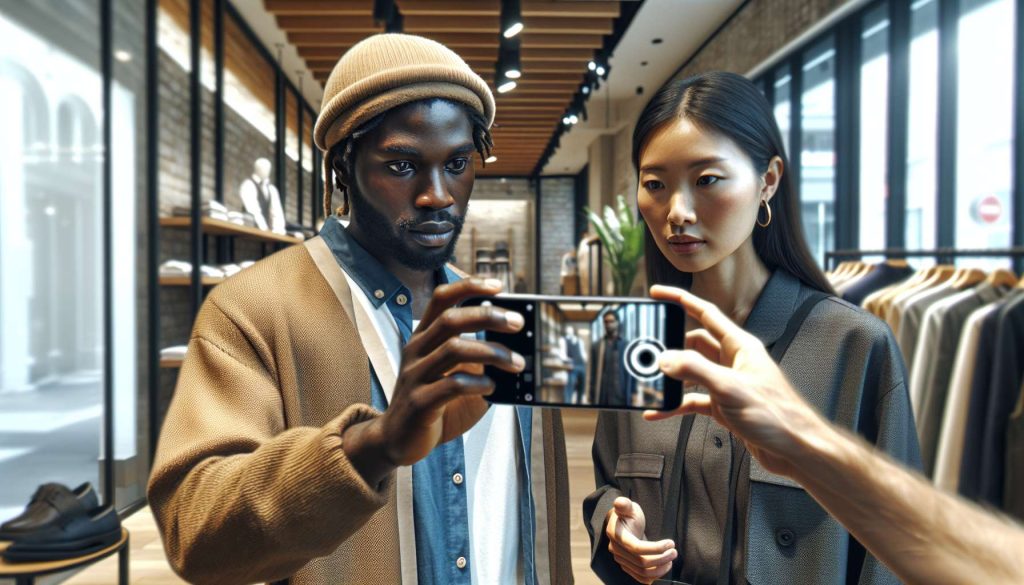
Hotels strive to be welcoming to all guests, but creating truly inclusive accommodations for those with physical limitations is a complex challenge that demands more than just physical adjustments. The pursuit of accessibility in hotels extends beyond mere compliance; it’s about fostering a truly inclusive and welcoming environment for everyone.
The landscape of modern travel is evolving, with an increasing demand for accessible accommodations and services. This means hotels must understand and proactively address the needs of guests with diverse physical limitations, ensuring their comfort and safety throughout their stay.
Navigating physical limitations requires a proactive approach from hotel management. From the moment a guest arrives, every aspect of their experience must be considered, including accessibility for individuals with mobility issues, visual impairments, hearing impairments, cognitive differences, and more.
Architectural barriers are a primary concern. Ramps, accessible entrances, and wider doorways are essential, but the challenge extends further to accommodating diverse needs within each room—from grab bars and lowered sinks to adjustable beds and assistive technology integrations.
Staff training is crucial. Hotel staff should be trained to proactively anticipate and address the needs of guests with disabilities, providing personalized assistance and ensuring a smooth and respectful experience. Empathy and a welcoming attitude are paramount.
Effective communication is essential. Clear signage in multiple languages, including Braille and large print, and the provision of assistive listening devices are critical to fostering inclusivity for guests with different sensory needs.
The digital landscape of hotels also presents challenges. Websites, booking platforms, and in-house technologies should be designed to be compatible with assistive technologies, allowing guests with disabilities to navigate the booking process with ease and access relevant information.
Beyond the physical aspects, the emotional and psychological needs of guests with disabilities must be considered. Hotels should create a welcoming atmosphere that fosters a sense of security and independence.
Involving guests with disabilities in the design and development of accessibility features can lead to innovative and effective solutions. Gathering feedback and insights can lead to more tailored and satisfactory solutions.
Maintaining accessibility requires continuous effort. Regular inspections, updates, and maintenance of accessible facilities are crucial to ensure that they remain functional and safe for guests with disabilities throughout the year. Continuous improvement is key. Hotels must stay informed about new technologies and best practices in accessibility to meet evolving needs effectively and make changes as needed to stay current and relevant. Flexibility and adaptation are critical to meet the needs of diverse guests during each stage of their stay in the hotel, from check-in to check-out and beyond the duration of their stay; these details can make the difference between a positive and a frustrating experience for every guest with special needs and considerations for their accessibility needs. Hotels can significantly improve their accessibility and create an environment that includes and supports individuals of all abilities to foster a welcoming atmosphere for guests and create a positive experience for all guests in the hotel regardless of disability or background. This helps to ensure an unforgettable travel experience for everyone, while expanding their brand appeal and attracting diverse tourist markets while encouraging wider support for inclusive travel and a more accessible community of travelers. This will foster the welcoming feeling necessary to satisfy the needs of all guests in a way that feels welcoming and inclusive for a diverse demographic of guests with different needs and different experiences.
In conclusion, achieving true accessibility in hotels goes beyond simply installing ramps or adding grab bars. It necessitates a holistic, guest-centric approach that anticipates diverse needs and fosters a welcoming atmosphere for everyone. By prioritizing inclusivity and adaptability, hotels can not only enhance the guest experience for people with disabilities but also tap into a wider market, creating a positive social impact.